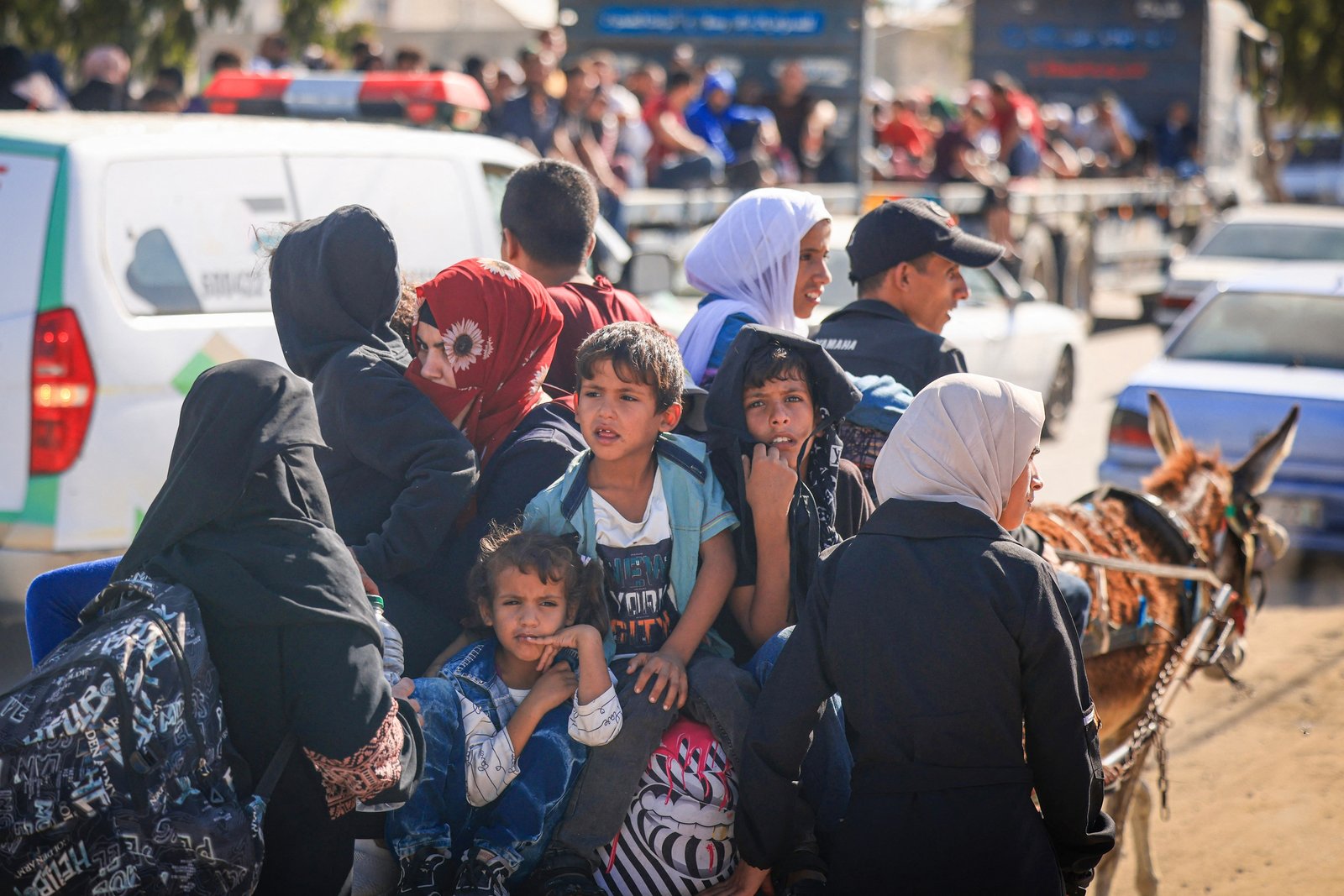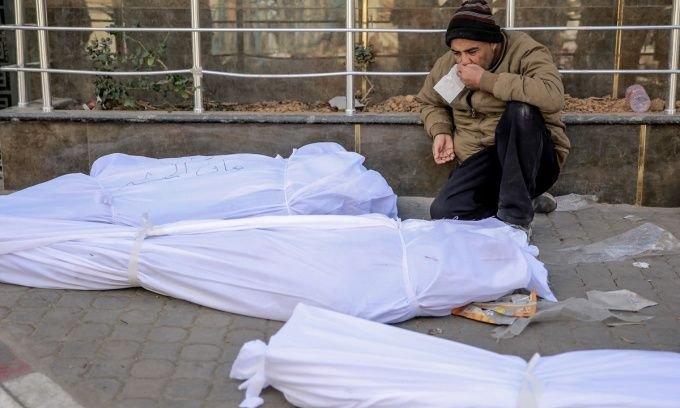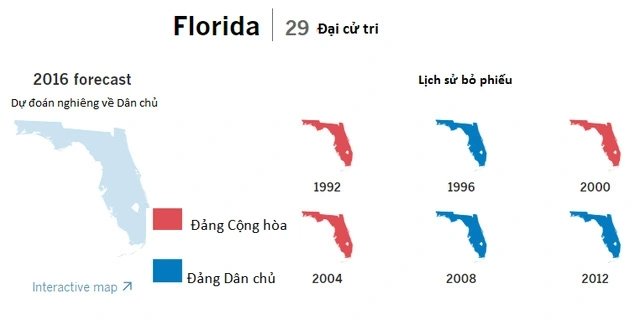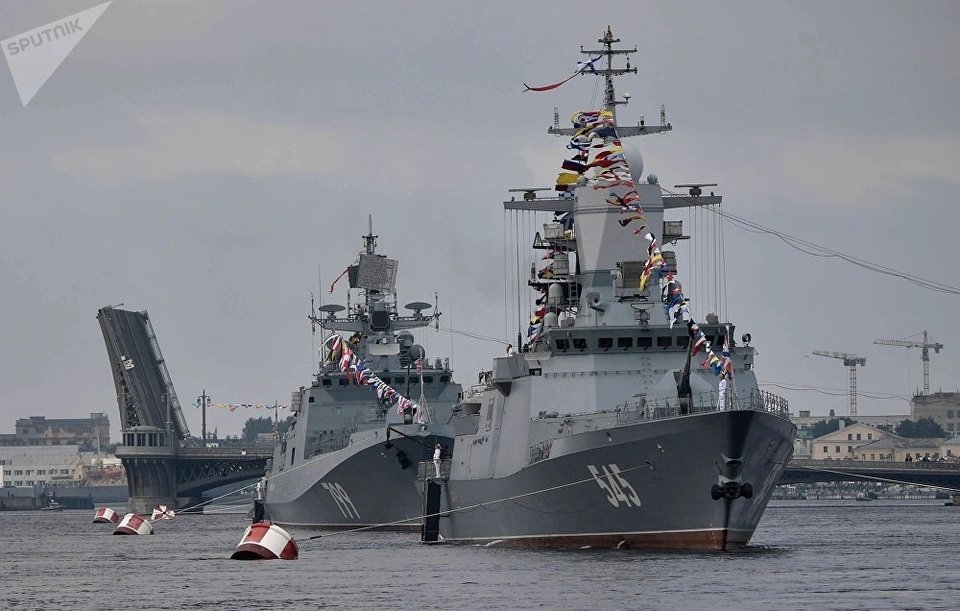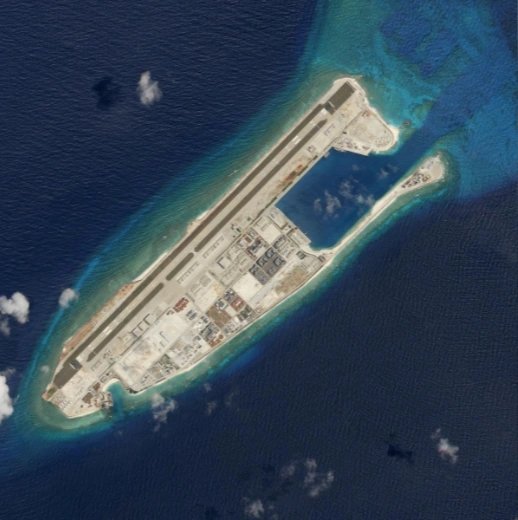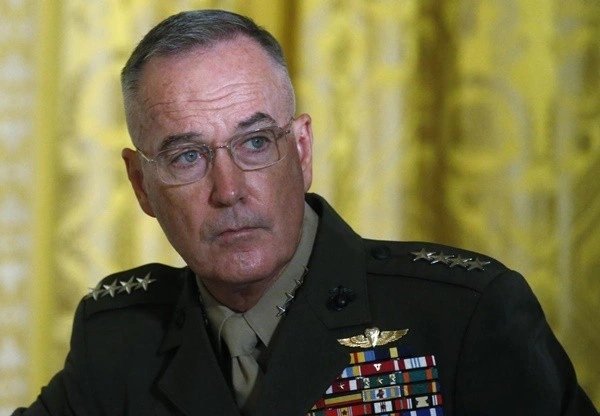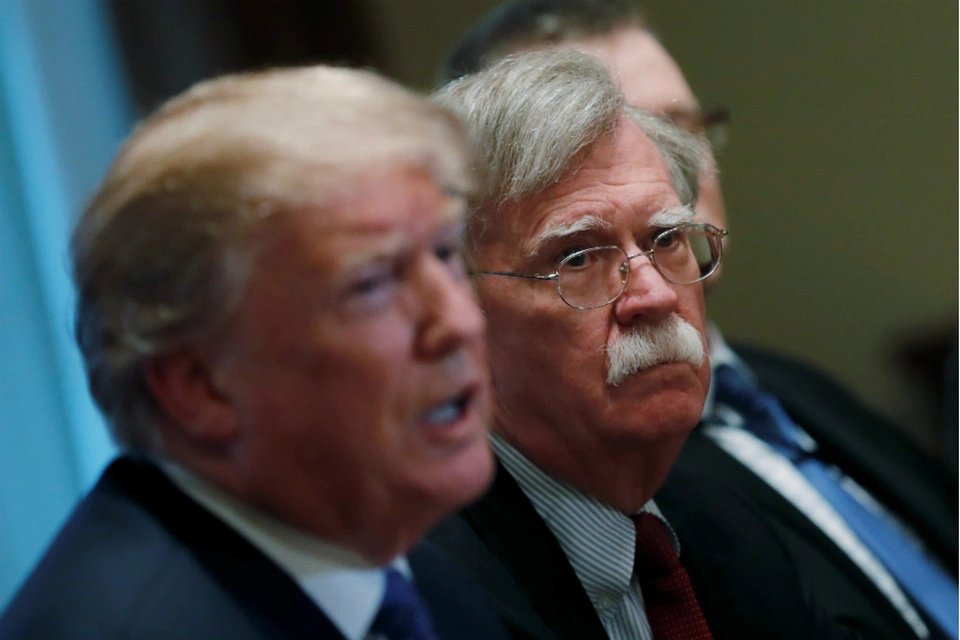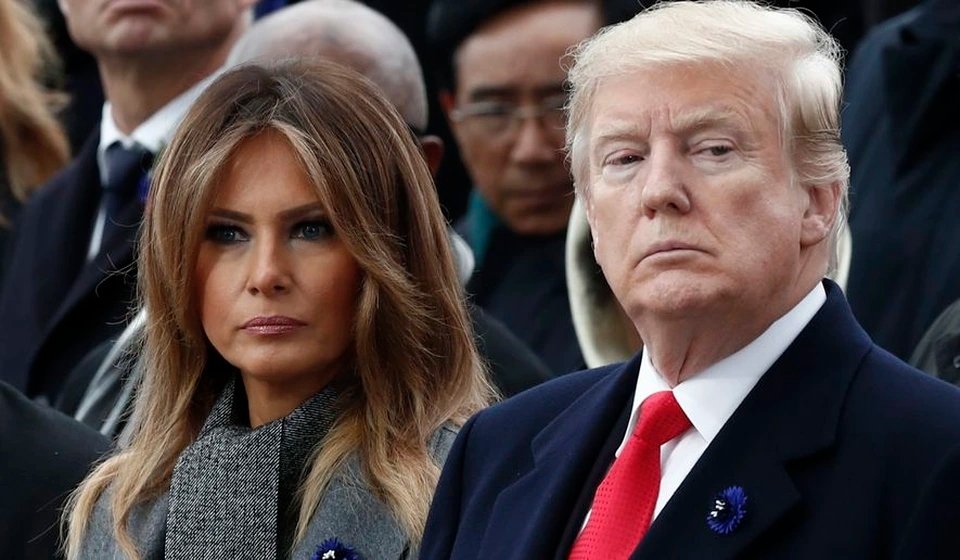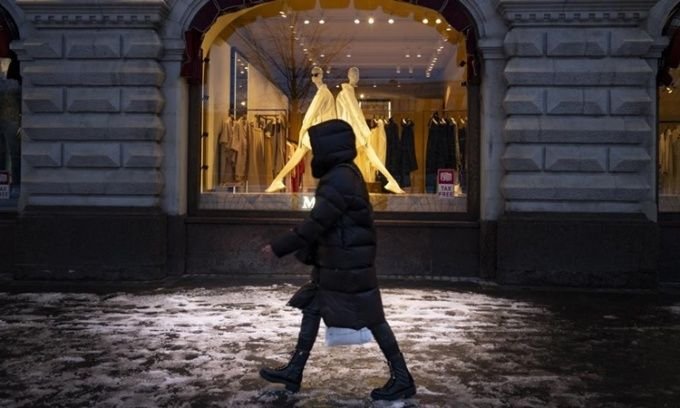
But just a few days later, they began to feel the pressure, when unprecedented Western sanctions continuously fell on Moscow.
Three months later, many Russians are struggling with the consequences that sanctions have on their lives.
A woman walks through a display window at a store in Red Square, Moscow, Russia, March 28.
McDonald’s, a famous American fast food company operating in Russia since 1990, recently decided to completely withdraw from the country, in response to the crisis in Ukraine.
Furniture company Ikea, the epitome of affordable modern conveniences, has suspended all operations in Russia, causing tens of thousands of jobs to `evaporate`.
Large industrial corporations such as oil and gas giants BP, Shell or car manufacturer Renault are still determined to leave, despite the huge investments they have poured into Russia.
For Russians, traveling abroad has become much more difficult than before, when 27 European Union (EU) member states, along with the US and Canada, have banned incoming and outgoing flights.
To travel from Moscow to Estonia’s capital Tallinn, it only took about 90 minutes for Russians to fly, but now the journey is extended to 12 hours with a transit in Istanbul, Türkiye.
Even `traveling` indirectly via the Internet or social networks is now a challenge.
Experts say the economic consequences of sanctions have not yet fully manifested in Russia.
In the early days of the conflict, the Russian ruble lost half of its value, then recovered to its old level thanks to the government’s efforts.
But when it comes to Russian economic activities, `it’s a completely different story,` said Chris Weafer, economic analyst at business strategy consulting firm Macro-Advisory.
`We are already seeing signs of economic slowdown across a range of sectors. Companies are warning they are running out of spare parts and spare parts. Many companies have let workers work part-time and some are
Weafer said the ruble is currently relatively strong, but its rise also causes problems for the national budget.
`They receive revenue in foreign currency from exporters and pay in rubles. The stronger the ruble means they will spend less money,` he said.
If the conflict continues, many companies may continue to withdraw from Russia.
`If you walk around shopping centers in Moscow, you can see many Western fashion stores simply pulling down their shutters. Their shelves are still full of goods, the lights are still on, they’re just not open.
But Weafer noted that these companies will soon have to clarify the status of their operations in Russia.

